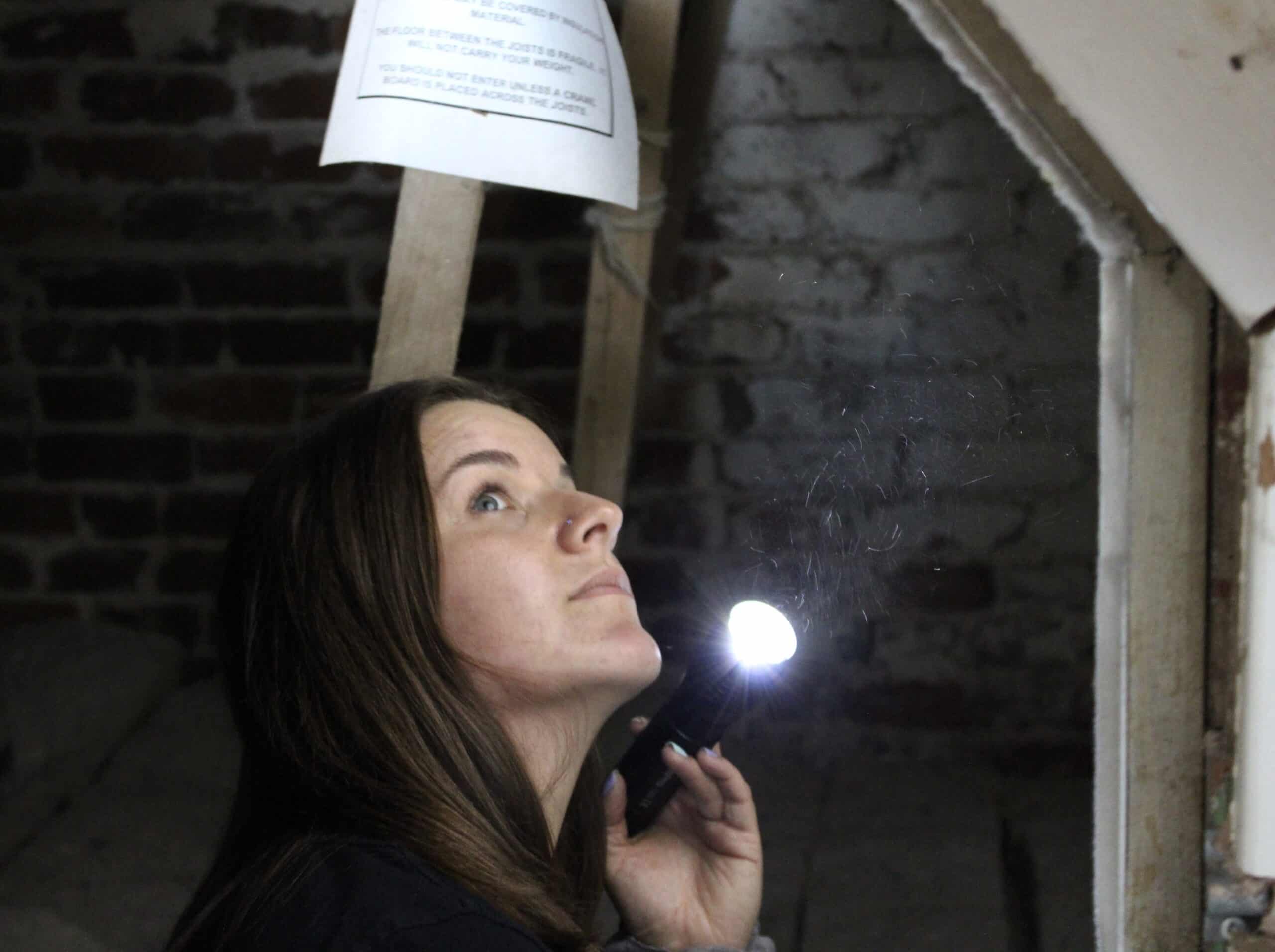Natural Green Areas All Over Somerset
The county of Somerset is located in the South West of England and is one of the largest English counties. With strong links to agriculture and the home of Glastonbury Music Festival and cheddar cheese, Somerset possesses a multitude of environments including beaches, green countryside, lakes, woodlands and a wetland area known as the Somerset Levels.
Mascalls Wood, Nutcombe Bottom and Blackdown Hills are just a few examples of woodland and outdoor spaces in the county of Somerset where you can enjoy walks and days out. As well as holding important local and cultural heritage, these are among the increasingly fewer and precious places for us all to reconnect with nature, and an unsurprising haven for a wide range of the country’s protected species.
How Local Woodlands Support Somerset’s Biodiversity
Woodlands are an indispensable habitat for much of our native British wildlife, varying from flowers, insects, birds and bats. The county is a hive of bat activity and lucky enough to be host to 16 of the 17 breeding species of bat in the UK, particularly the Mendip Bats Special Area of Conservation (SAC), but also even in more built-up environments like Bristol and Bath in North Somerset.
Bat species alone in the area make up approximately one third of all the mammal species across the UK. In terms of the most common bats, species of bat in Somerset include pipistrelle bats, brown long-eared bats and Daubenton’s bats, with lesser horseshoe bats, grey long-eared bats and Natterer’s bats featuring as the least common.
Planning Limitations Caused by Bats
Bat habitats aren’t just limited to woodland areas. The many agricultural spaces – such as barns and outhouses – also offer an ideal roosting environment. All UK bat species are protected by law under the Conservation of Habitats and Species Regulations Act 2019 and the Wildlife and Countryside Act 1981 because their numbers have declined so dramatically. Their dwindling numbers are due to the loss of their feeding habitats and flight lines, a decrease of insects to feed on, and developments impacting bat roosts.
As a result of changing times, bats are becoming more dependant on urban habitats – you may even find one living in your loft space or roof cavity. The Somerset Bat Group was formed in 1985 and helps protect bats in the county of Somerset. They also conduct the National Bat Monitoring Programme ran by the Bat Conservation Trust (BCT) and carry out regular field surveys, such as the British Bat Survey that takes place between July and August and the National Bat Monitoring Programme (NBMP) Waterway Survey.
If you have a project in Somerset requiring planning permission, then you will need to employ an ecologist for undertaking bat surveys and offering you the guidance and support you need to achieve lawful requirements and secure planning applications. All local planning authorities – including Somerset County Council – require bat surveys for you to be able to carry out any building or renovation work you have planned.

What Bat Survey Work Entails
Your first port of call if you were unaware of potential protected species present on the site would be a Preliminary Ecological Appraisal (PEA), or if you expect the presence of bats on the site, a Preliminary Roost Assessment (PRA). Also known as an extended phase 1 habitat survey, a PRA is the first stage bat survey that allows a trained ecologist to search for bat roosts on the site as well as any indications of bat presence.
Signs include droppings that are similar to mouse droppings in shape and colour but crumble under pressure, remains of bat prey, and features on the development site that could be used as bat roosts, such as deep holes or cavities in trees, or wall voids and small gaps on roofs for them to crawl into. If an ecologist uncovers this evidence, a further survey will be required to confirm if there is in fact a bat roost. As bats are livelier at dusk or dawn, it is highly unlikely that you will find one in the day when the phase 1 survey is carried out.
In this instance, a Bat Emergence and Re-Entry Survey (BERS) will be needed to retrieve further information about the site. Also known as a phase 2 bat survey, a BERS carries more significant seasonal and ecological constraints, primarily that it must be conducted at dusk or dawn and solely between May and September. Within this criteria, the ecologist will conduct the survey using professional equipment such as thermal imaging and infrared cameras, an echolocation sound kit and automated bat detectors.
A Bat Emergence Survey will focus on a direct observation of the suspected bat roost site in question – whether it is a roof void, structural feature or tree cavity – where your ecologist will monitor any bats coming and going. Once both bat surveys have been carried out, you will receive a bat report. A copy of this will need to be submitted to the local planning authority of your local council, as the bat survey report will provide key mitigation advice to allow the planning process to run smoothly and support planning applications.
The Experts in Charge of Our Ecological Services
If you are interested in learning more about the bat populations in Somerset and potentially even getting involved in monitoring, you could join the Somerset Bat Group on Facebook. All of our ecological consultants maintain an interest in local ecology and all present protected species in the areas they cover, including bats and the other protected species that by law need to be safeguarded.
We pride our experienced ecological consultancy on catering to the entirety of the country, enabling clients to benefit from our ecological surveys and other ecological services regardless of their location. As well as providing bat surveys and other protected species surveys such as great crested newt surveys and reptile surveys in a significant body of water, for instance, the ecological surveyors at Arbtech are also experienced in assisting on bat mitigation class licence applications if one is needed prior to relocating bats or destroying roosts.
Get in Touch for a Bat Survey
You may be fully aware that you need a Preliminary Roost Assessment (PRA) (Phase 1) and potentially a Bat Emergence and Re-Entry Survey (BERS) (Phase 2), prior Preliminary Ecological Appraisals (PEA) to establish protected species, or you may be unsure of how to ensure that your South West development isn’t defying your local authorities and harming your planning condition. Whatever the ecological surveys you need, speak to Arbtech, and we can help you to distinguish the necessary step forwards.
In our time, we have helped to support planning applications across hundreds of projects in Somerset with bat surveys, protected species surveys and other ecological surveys. For our support in the planning process, simply request a quote from our experienced ecological consultancy by giving us a call or filling out the form at the bottom of this page.
We can then send across a free quote for you to consider, and providing you are happy to move forwards with us, we can assist on protecting the Somerset bat population, meeting the requirements of Somerset County Council and securing planning permission by conducting bat surveys and producing an insightful and effective bat report.


